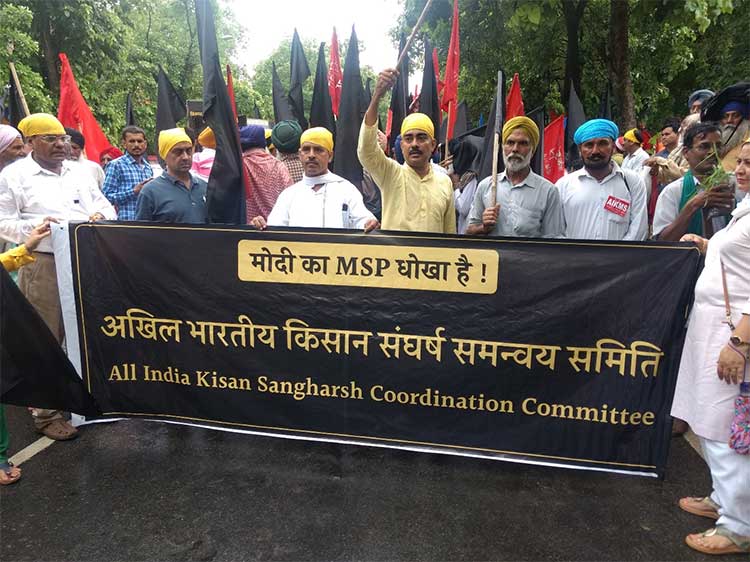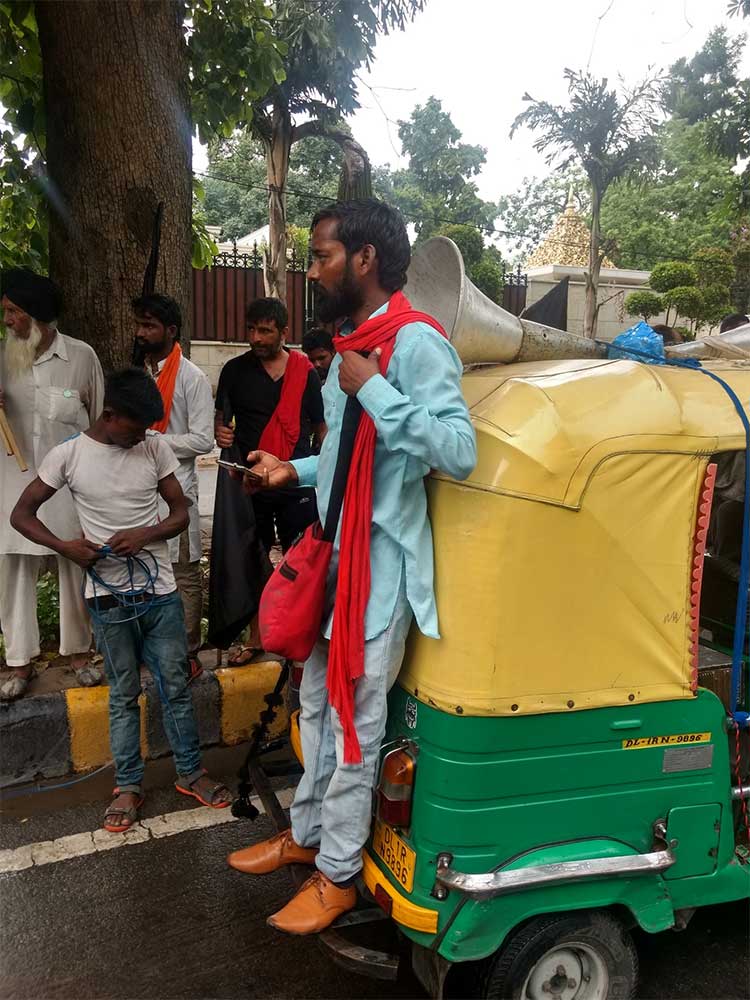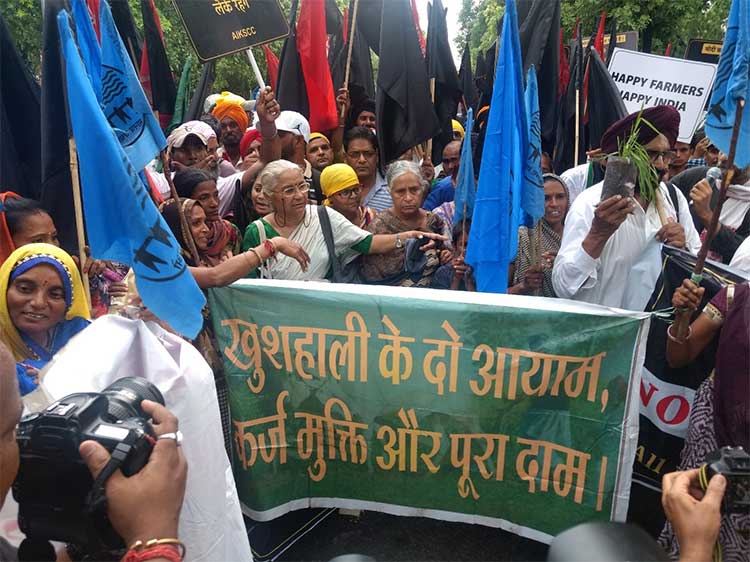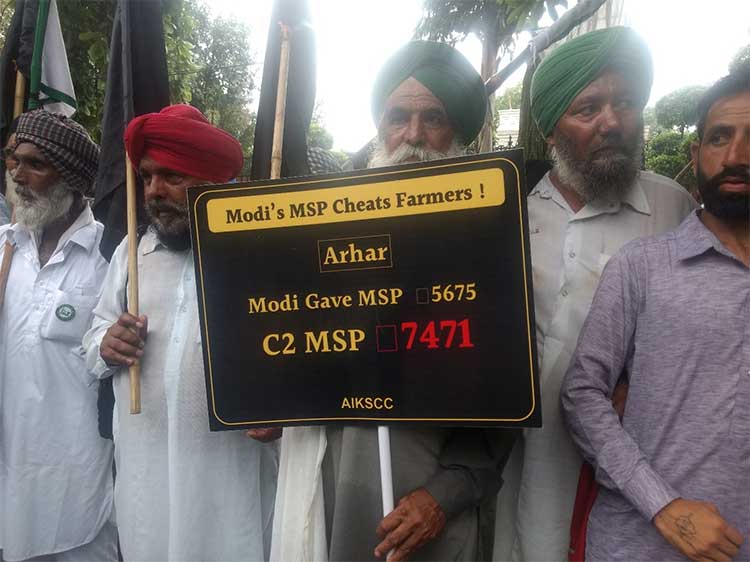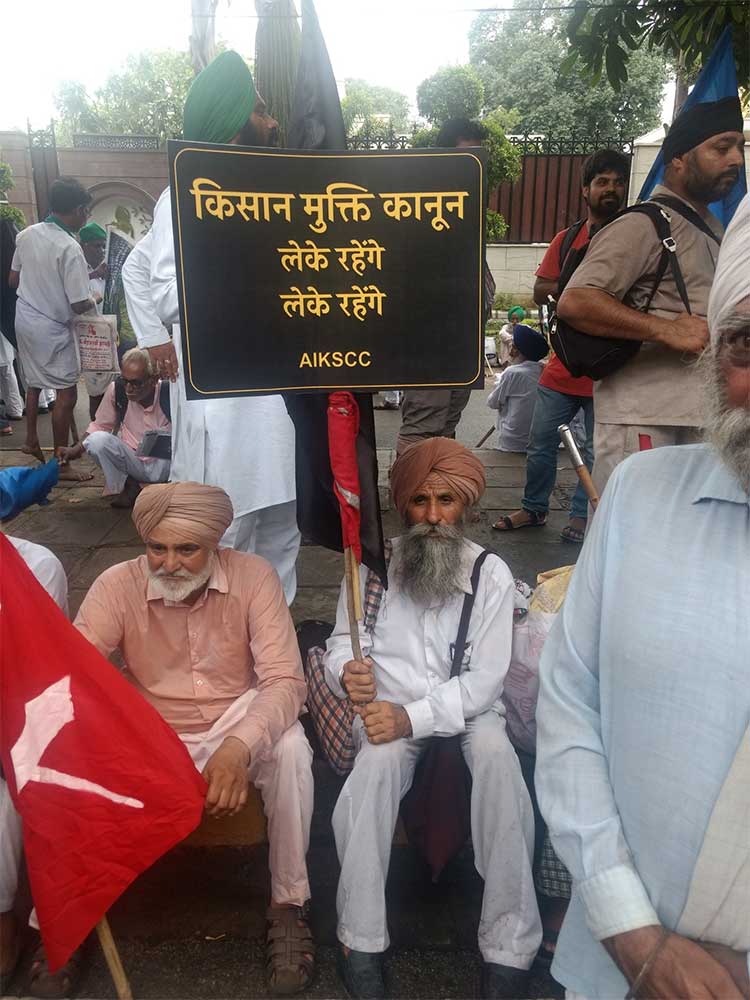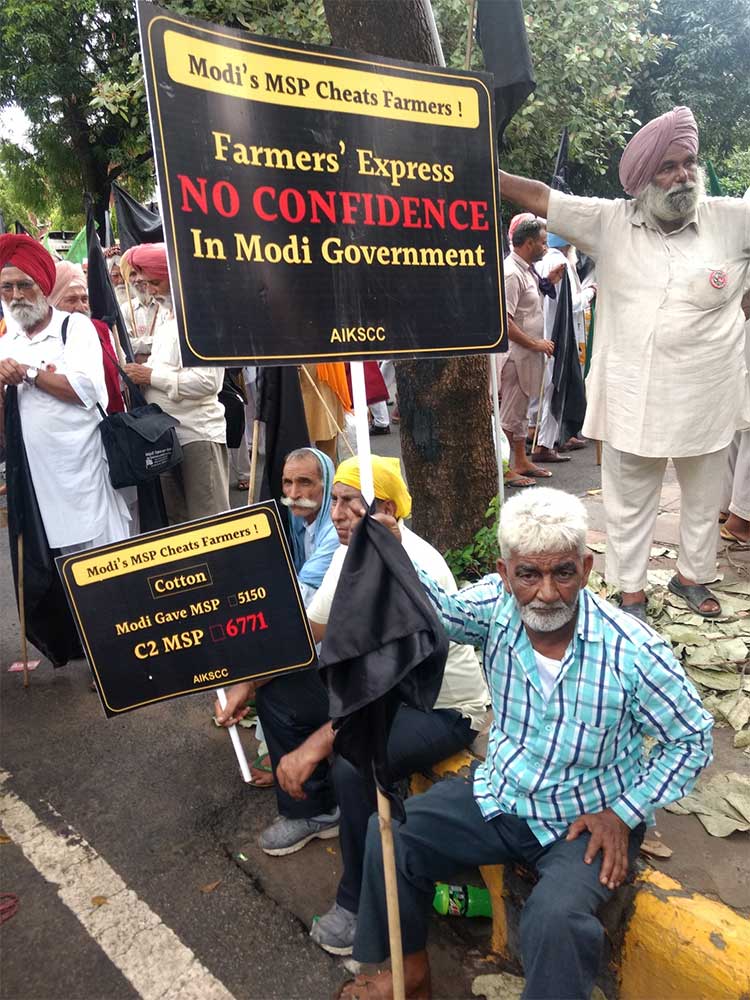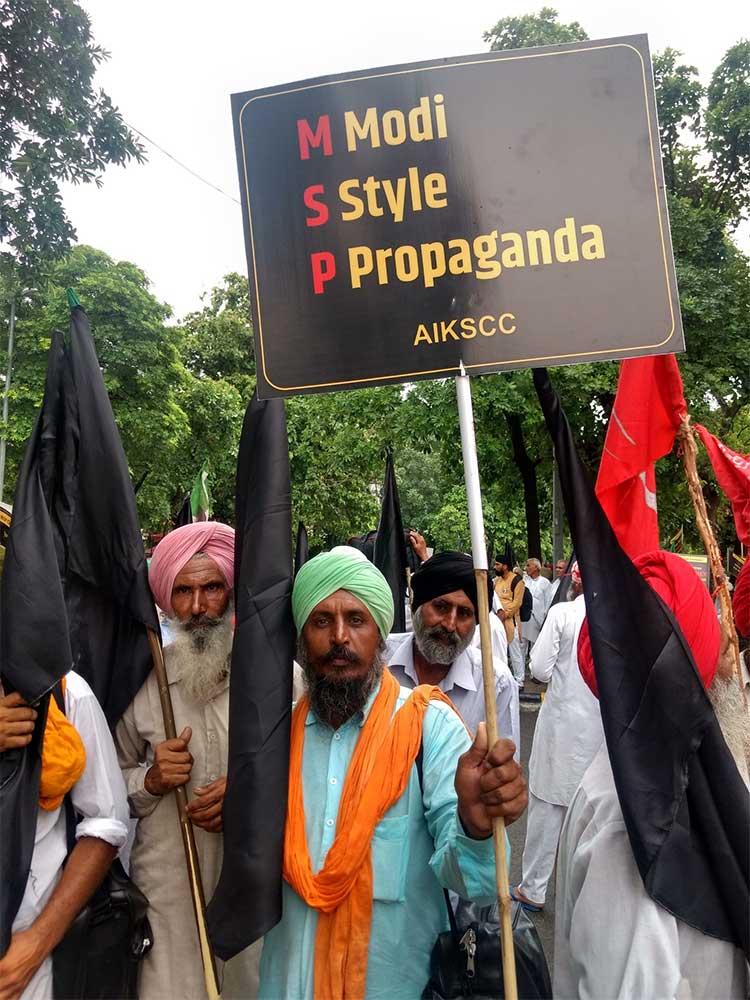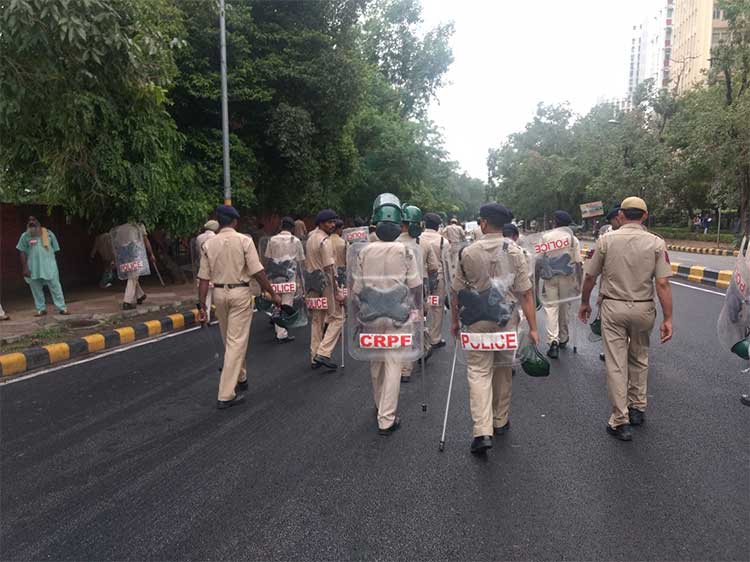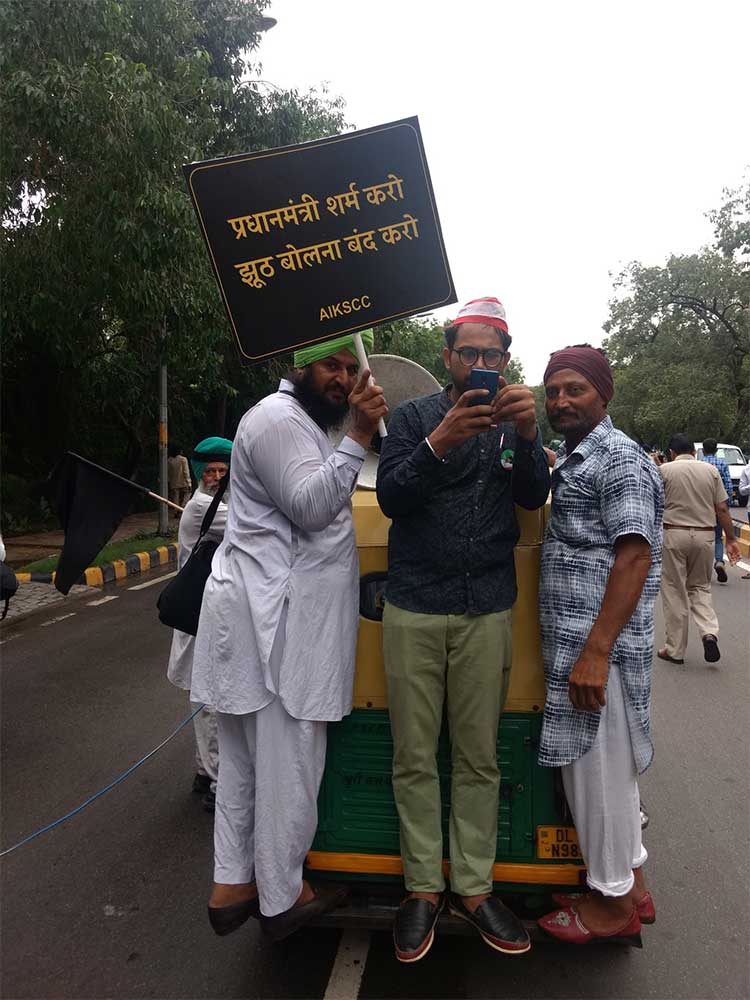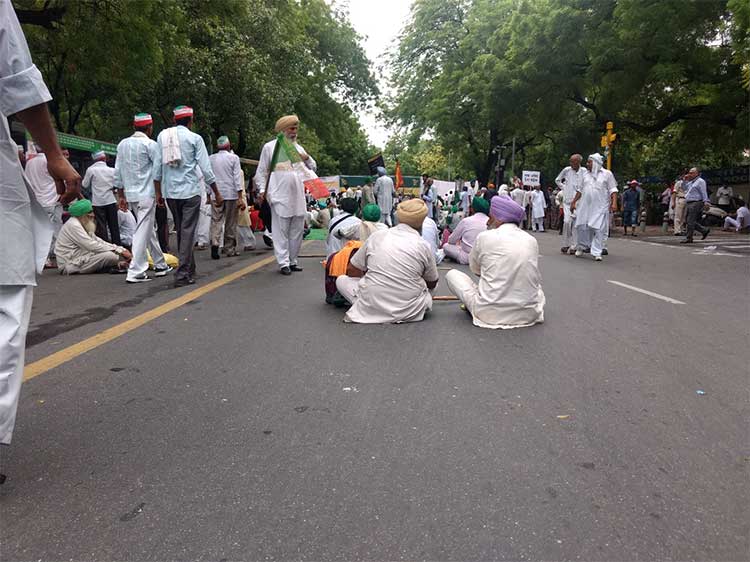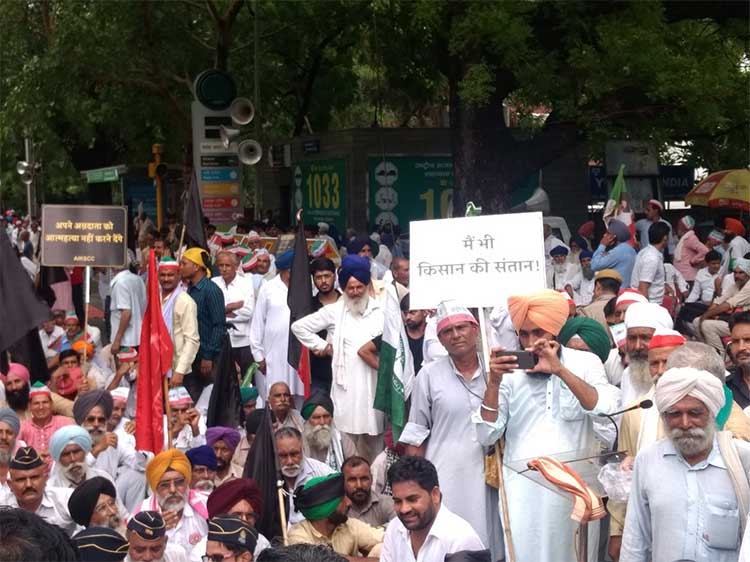Paul Bond
The chaos surrounding the government’s Universal Credit (UC) welfare benefit system reveals starkly its punitive character.
Last month, the National Audit Office (NAO) issued a damning report of UC, now eight years into rollout, saying its “larger claims…are unlikely to be demonstrable at any point in the future. Nor for that matter will value for money.”
Work and Pensions Secretary Minister Esther McVey, who lied to Parliament about the content of the NAO report, is still in her post. In Parliament, McVey flatly misrepresented the NAO’s report. Falsely claiming the NAO had agreed the UC was working, she said the report had called for rollout to be speeded up. The NAO’s head, Sir Amyas Morse, issued an open letter correcting her distortions.
UC is a regressive benefit payment system for working-age people that combines all entitlements into one payment. It replaces income support, income-based jobseeker’s allowance, income-related employment and support allowance, housing benefit, child tax credit and working tax credit.
Figures this month from the Department of Work and Pensions (DWP) show claimants going up to two months without income in February. An estimated 4,500 people were not paid in full within 10 weeks of their initial claim, and 2,300 were not paid in full within 14 weeks. The target period is five weeks. One in six claimants do not get payment in full and on time. A quarter of new claims last year were paid late.
A recent survey of housing association tenants has revealed that UC tenants are more than twice as likely to be in debt as are other tenants. Tenants on UC across 118 housing associations are in £24 million of rent arrears. Nearly three-quarters of UC tenants are in debt, compared with less than a third of other tenants.
Ostensibly intended to simplify the payment of benefits and get claimants back into work, UC is a vehicle for imposing austerity measures and cuts against the working class. It has been estimated that UC will cost 2 million in-work families £1,600 a year and more than 1 million out-of-work families £2,300 a year.
Proposed by then DWP Secretary Iain Duncan Smith in 2010, UC was due for implementation by 2013. The scheme has been vastly more expensive than originally suggested. The NAO now suggests it could cost more than the system it was designed to replace. Its report notes that government claims UC would save £8 billion annually were based on “unproven assumptions.” It expressed “significant doubts” about the achievability of the government’s stated aims, pointing out those ministerial claims about UC leading 200,000 into work and saving £2.1 billion in fraud and error could not be measured or proved.
By May of this year, 920,000 claimants were on UC, 37 percent of them in work. By 2022, more than 7 million households are due to move onto UC, which has a built-in delay period and is paid in arrears after assessment of income. Any further delays are thus catastrophic for recipients, who are already financially vulnerable. The NAO said the fact that the DWP does “not accept” UC has caused hardship.
Measures exist for claimants to receive cash advances to cover shortfalls, but claimants are not made aware of this. The advances are loans, however, and must be repaid.
Following the NAO report, several charities called for a delay in rolling out UC. Paul Farmer, of mental health charity Mind, said, “[E]ven those who are severely unwell and at crisis point are still being required to look for work or risking losing their benefits.” He pointed to “a real lack of support” for those who cannot manage an online claim or monthly payments, leading to “a cycle of debt, housing problems, and deteriorating health.”
Emma Revie of the Trussell Trust anti-poverty charity called for a truly universal support system of benefits “that is funded, that people are aware of, and that includes debt support and advice for everyone moving onto the new system.” The Trust’s food banks have seen the impact of delays and reductions in benefits: “People living with physical or mental health conditions skipping meals for days at a time, young families facing eviction, and single men with insecure work struggling to afford the bus fare to work.”
For the ruling class, the entire benefits system is an expensive concession that must be undone gain by gain. The NAO said the DWP “gives the unhelpful impression of a department that is unsympathetic to claimants.” The DWP’s disclaimer for late payments confirms this: the department says these are mostly “a result of unresolved verification issues,” implying they are largely the fault of claimants.
The reactions of Duncan Smith and McVey offer a truer picture of the contempt of the ruling class for their critics. Duncan Smith simply dismissed the NAO report as “shoddy.”
McVey went somewhat further and lied to MPs. She claimed the NAO had called for UC to be rolled out more quickly. In fact, as Morse’s letter explained again, the NAO recognised some “regrettable early delays” but now recommended ensuring UC was fit for purpose before proceeding further.
McVey falsely told MPs the NAO had agreed UC was working—an extraordinary claim given the NAO’s statement that many of the DWP’s assertions could not be measured or proved. McVey insisted claims UC would help 200,000 into work were robust and had been signed off by the Treasury. The NAO said this was unmeasurable and that the DWP had accepted this.
Morse said McVey’s statement UC was working “has not been proven” and that the DWP “has not measured how many [UC] claimants are having difficulties and hardship.” McVey repeatedly cited a survey of claimants suggesting 83 percent are satisfied with the department’s service. Yet, the survey revealed 40 percent of respondents experiencing financial difficulties and 25 percent saying they were unable to make an online claim.
McVey’s statement was criticised, and in response she claimed the NAO report was unreliable and outdated, because it had not considered recent changes to UC. In fact, the NAO acknowledged the specific policy changes she mentioned, discussing DWP data up to May 2018. Morse’s letter also explained that the DWP had agreed and signed off the NAO report shortly before publication, indicating its acknowledgement of up-to-date content.
With publication of Morse’s open letter, criticism turned on McVey’s falsehoods. She was recalled to Parliament to answer on misleading MPs but apologised only for claiming the NAO had demanded speeding up rollout, saying she had “inadvertently misled” MPs.
Her barely coherent apology was tempered by the claim that “[w]hat I meant to say was that the NAO had said that there was no practical alternative to continuing” with UC. In fact, the NAO had noted that, despite its failure to deliver, the government had committed so much to UC that “[t]here is really no practical choice but to keep on with the rollout.” In other words, the government has already pushed the policy through.
McVey is determined to brazen it out, and the episode demonstrates that no criticism or comment will be considered until the UC offensive against the working class is complete.
Labour Shadow Work and Pensions Secretary Margaret Greenwood initially said McVey had broken the ministerial code and should resign. But within a week, this had been translated into an attempt just to dock McVey a month’s pay, similar to the sanctions imposed on benefit claimants deemed not to have complied with imposed commitments. This was duly defeated in a vote by 305 to 268.
Two months ago, Labour diverted criticism of Transport Secretary Chris Grayling into a similar silly stunt, attempting to fine him the cost of a railway season ticket. That vote was also lost. Even as safety valves for the ruling class go, these are threadbare.
